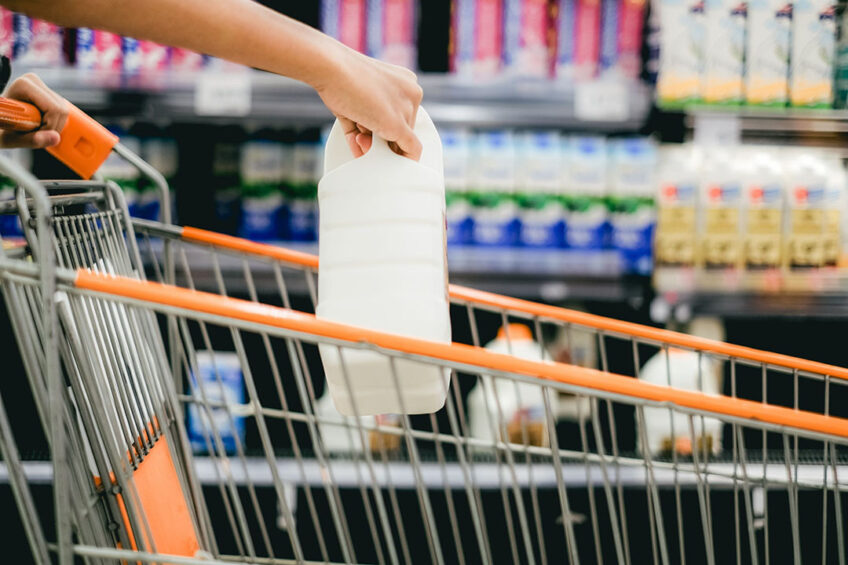Serbia faces major dairy export concerns

Several business groups have called on the Serbian government to give a green light for dairy exports, prohibited from early September, in a bid to constrain domestic food inflation.
Nenad Budimović, secretary of the Livestock Association, told the local press that the decision to pause selling dairy products to foreign customers yielded these results, but interventions like this cannot be long-term as they would do more harm than good, especially for companies with big export contracts.
“Two months have passed since the beginning of the ban, and we have to keep in mind that there are companies with contracts for export to the Cefta region, including Montenegro and Bosnia,” Budimović said, adding that his organisation asked the government to cancel the ban and find ‘a systemic solution’ for protecting the domestic market.
Raw milk segment
Increasing pressures on raw milk production can be seen as a consequence of the export ban. Serbia’s milk production has been steadily falling in the past years. The recent restrictions have led to a drop in farmgate milk prices.
OVERVIEW OF GLOBAL DAIRY MARKET PRICES
“I’m afraid that extending restrictions will not have a good impact on raw milk production,” Budimović said, explaining that some large dairy plants in the country already see a shortage of raw milk as farmers scale down operations, while milk production in Serbia is distributed unevenly throughout the country.
While Vojvodina houses several big milk farms and experiences no problems with raw milk supply, the picture is quite different in Serbia’s central and southern regions, according to Budimović. The other side of the problem is that the livestock industry has been in crisis for several years, and farmers have been met with the export ban, already finding themselves in undesirable financial shape.
Irreversible damage
The problem of the lack of milk has recently attracted the attention of Serbian President Alexander Vucic, who speaking during a TV session admitted that Serbia has to import milk from Poland and other European countries to fill the gaps in the market. Vucic said that shrinking raw milk production is a reality Serbia needs to accept, as “we cannot be successful in everything”.
However, some milk farmer groups expressed concerns that the current government policy could lead to irreversible damage to the milk farming segment.
OVERVIEW OF GLOBAL DAIRY MARKET PRICES
“The most important fact is that if you do not have cattle breeding and milk production in a country, you absolutely have no agriculture. So, if we are left without cattle and milk production, we will talk about agriculture in the past tense,” emphasized Sanja Bugarski, a spokesperson for Serbia’s association of cattle breeders.






